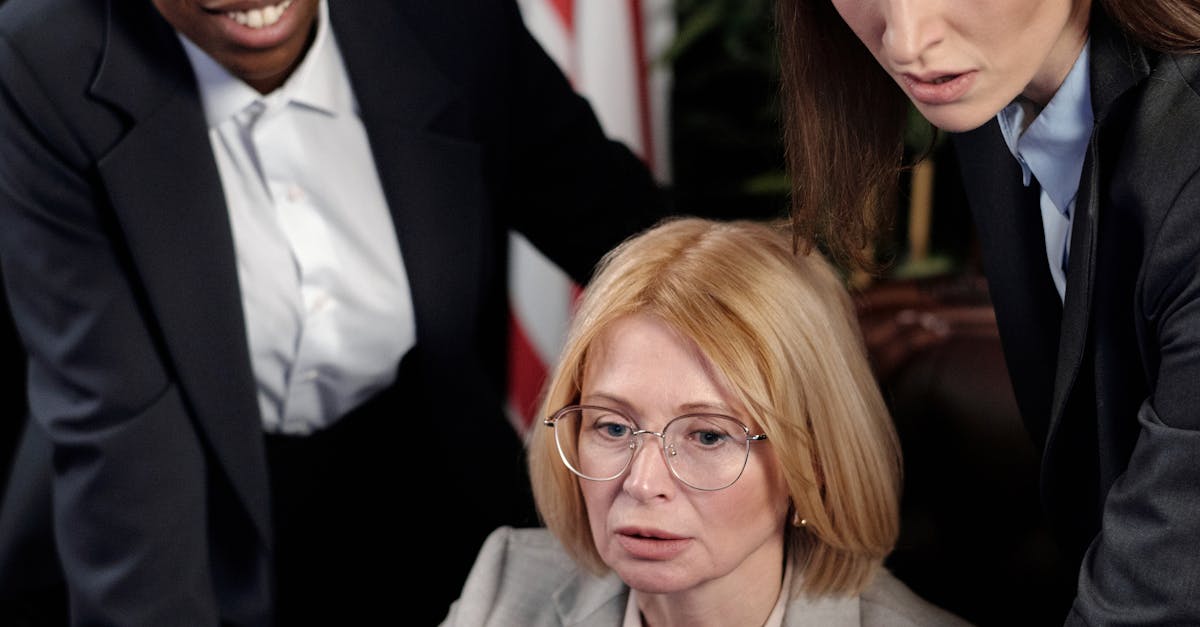
Another important factor is the solicitor's communication style and approachability. A solicitor should be willing to explain complex legal terms and procedures in a manner that you can easily understand. Establishing a good rapport with your solicitor can facilitate a smoother working relationship, making it easier to discuss concerns and developments throughout your case. Always assess their responsiveness to your inquiries and willingness to provide updates, as these qualities are critical in ensuring you feel supported during the dispute resolution process.Maintaining a calm and composed demeanour is essential when expressing concerns. Emotions can run high in inheritance disputes, making it crucial to take deep breaths and pause before responding. Being aware of body language can enhance communication. Gestures that mirror openness, such as uncrossed arms or maintaining suitable eye contact, help convey sincerity. Additionally, carefully selecting the right time and place for discussions can lead to more fruitful conversations, allowing all parties to feel more comfortable voicing their opinions without distractions.